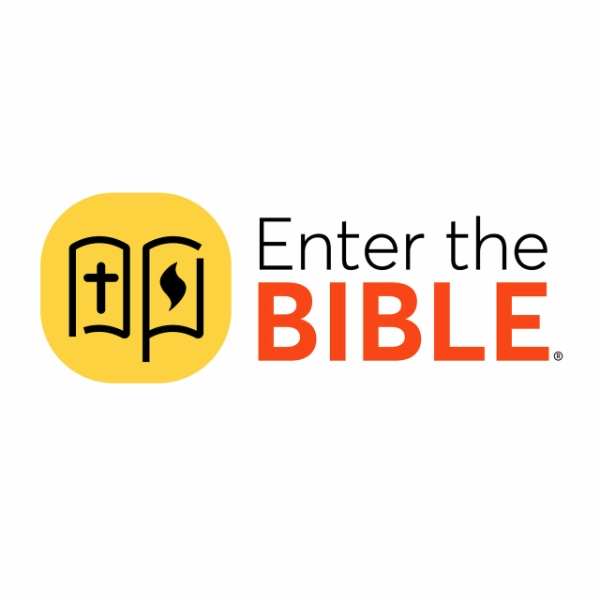How do you distinguish between true and false prophets?
This timeless question, which plagued biblical communities for centuries, remains just as relevant today. In this thought-provoking episode, Professor Emeritus Richard Nysse from Luther Seminary joins hosts Katie Langston and Kathryn Schifferdecker to explore the biblical wisdom surrounding false prophets and spiritual discernment. Drawing from key Old Testament passages including Deuteronomy 18 and the dramatic confrontation between Jeremiah and Hananiah, the conversation reveals why the Bible itself doesn’t simply assign “true” or “false” labels to prophets, leaving believers to wrestle with discernment in real time.
The discussion moves beyond surface-level tests like prediction fulfillment to examine deeper biblical principles for identifying false prophets. From Jesus’ teaching about knowing them “by their fruits” in Matthew 7 to understanding the prophetic role as exposition rather than fortune-telling, this episode offers practical wisdom for modern believers navigating questions of spiritual authority. Whether you’re evaluating church leadership, processing conflicting teachings, or simply seeking to grow in biblical discernment, this conversation provides essential tools for recognizing authentic spiritual voices while avoiding the pitfalls of false prophets who may lead God’s people astray.




